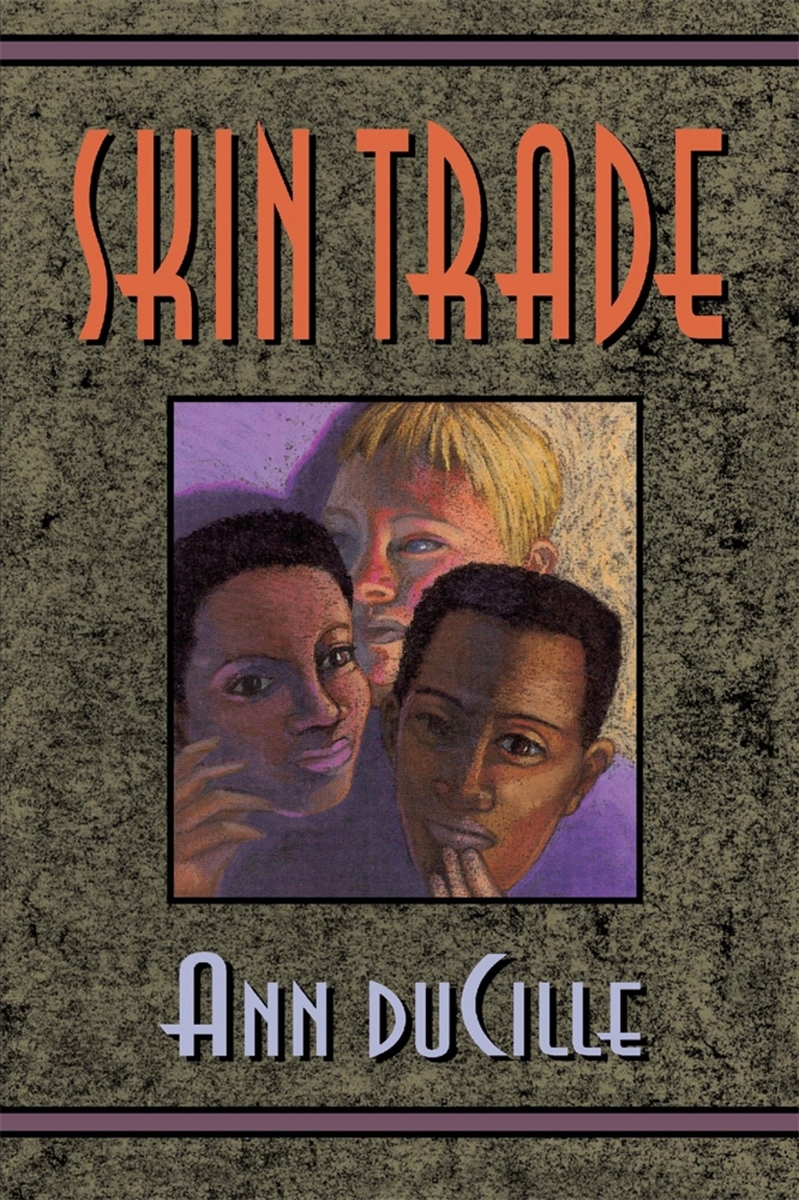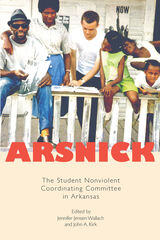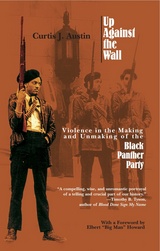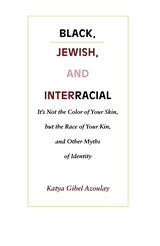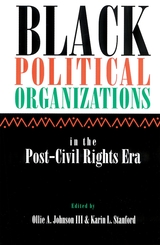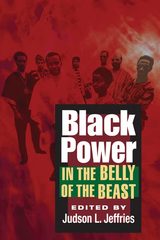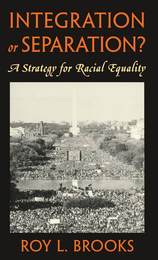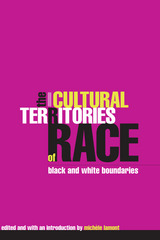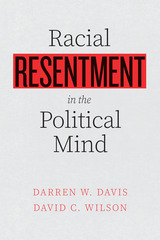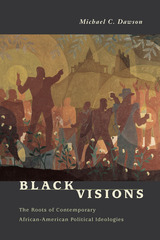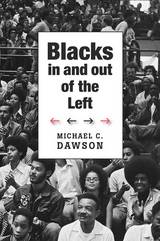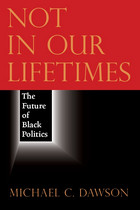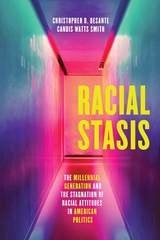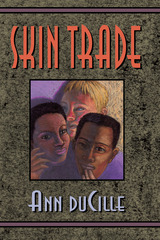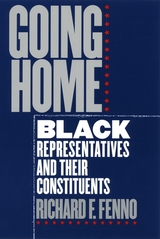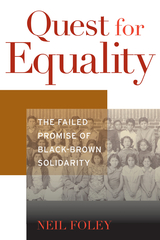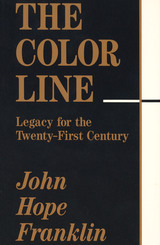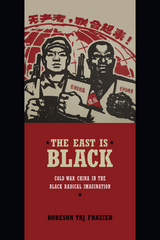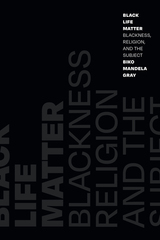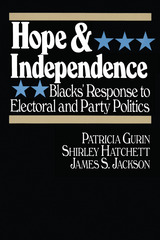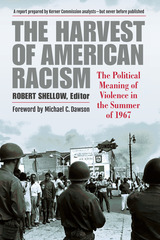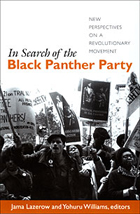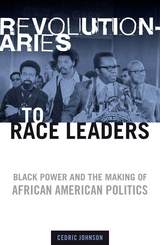[DuCille’s essays may] succeed in challenging the pervasive notion that on matters of race, we must ‘declare victory and get out.’
-- G. Albert Ruesga Boston Book Review
In these essays Ann duCille, writing from within the academy, offers an array of thoughts on race. Several of the essays are about the reading, teaching and campus politics of black studies at a time when black faculty, already ghettoized in African-American studies departments, are being further squeezed to make room for other writers and theorists ‘of color’ and the new discipline of ‘postcoloniality.’ Skin Trade is, however, written with a lighter touch than many academic studies and ranges well beyond the campus. DuCille makes a sharp analysis of the O. J. Simpson murder trial and its fallout… And in her satirically titled ‘Toy Theory: Black Barbie and the Deep Play of Difference,’ duCille points out, with warmth and wit, a running theme of this volume: how we learn to judge ourselves and others by that least reliable of indicators, appearance.
-- Amanda Heller Boston Globe
DuCille’s Skin Trade is a thoughtful compilation of five provocative essays… DuCille’s subtle wit punctuates each essay, including the afterword, ‘The More Bitter the Whine,’ which anticipates claims of black feminist essentialist grousing. DuCille’s wry inversion of the title of Wallace Thurman’s Harlem Renaissance novel The Blacker the Berry implicitly acknowledges her own project as another critical rejoiner to the changing same. DuCille’s project is a serious, even urgent one. She calls her generation to account for complacently perpetuating a legacy of ‘ethnic rivalry, race hatred, bigotry, anti-Semitism, sexism, heterosexism, and even neo-Nazism’. DuCille’s antidote to the ‘skin trade’ is to decode rather than deny the country’s entrenched schemes of color, class and gender.
-- Hermine Pinson Signs
A brilliant analysis of race and gender in contemporary continental United States. It explores the meaning and merchandizing of race and gender by the corporate world, the academy and the justice system. This book is enlightening and thought provoking… duCille has presented us with a brilliant synthesis of racial issues in America. Where integration would seem to have occurred, processes of differentiation and segregation, be they intellectual or physical, continue to plague American society. This is compounded by the gender issue where females are particularly vulnerable to control, commodification and exclusion. There is much to be gained by this thoughtful analysis… A penetrating piece of literary writing.
-- Rita M. Bienvenue Ethnic and Racial Studies [UK]
This collection of lucid, engaging, thoughtful essays on the current uses and abuses of race as a cultural commodity in America should prove highly attractive both to specialist and to general readers… Beautifully written, each of the essays displays a finely balanced and judiciously deployed mixture of personal reaction, analytic power, and political commitment. Simultaneously displaying the accessibility of the best journalism and the rigorous standards of expert scholarship, this is a book which one can only hope will reach the very large number of readers which constitutes its proper audience.
-- Kate Fullbrook Journal of American Studies [UK]
DuCille’s new book provides a poignant answer to two pivotal questions: Does race matter? And, in what fashion is ‘racial’ significance manifested? …Skin Trade is a moving depiction of the commercialization of race relations in American society.
-- Choice
In these cogent and clever essays, duCille handily balances popular culture and academia with an accessible and wry tone. DuCille has an eye for ideas that others have glossed over or missed completely. She adds a new twist to the recent flood of Barbie scholarship with her consideration of the doll’s ethnic makeup… In examining the myriad media perspectives on the O.J. Simpson trial, duCille casts a wide net without getting tangled in it. Sandwiched between these two essays on icons are three on literature and academia.
-- Publishers Weekly
DuCille’s book offers a sophisticated analysis of the academy—the trends in scholarship that take ‘black women’ from the margins to the center of attention, with the attendant dangers for black women scholars of passing from invisibility to commodity without always being heard as leaders and critics in—and of—the process.
-- Barbara Johnson, Harvard University
Rational, heartfelt, this book will bridge understandings across a wide range of constituencies struggling seriously with questions of race and gender.
-- Patricia J. Williams, author of The Rooster’s Egg
